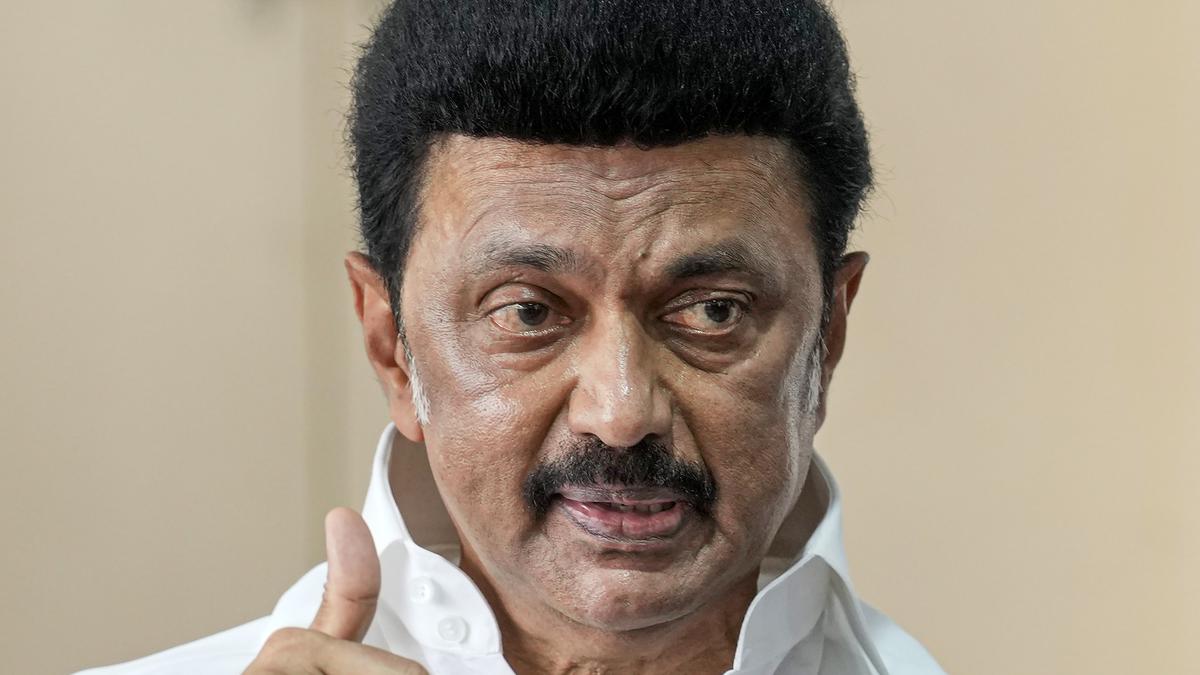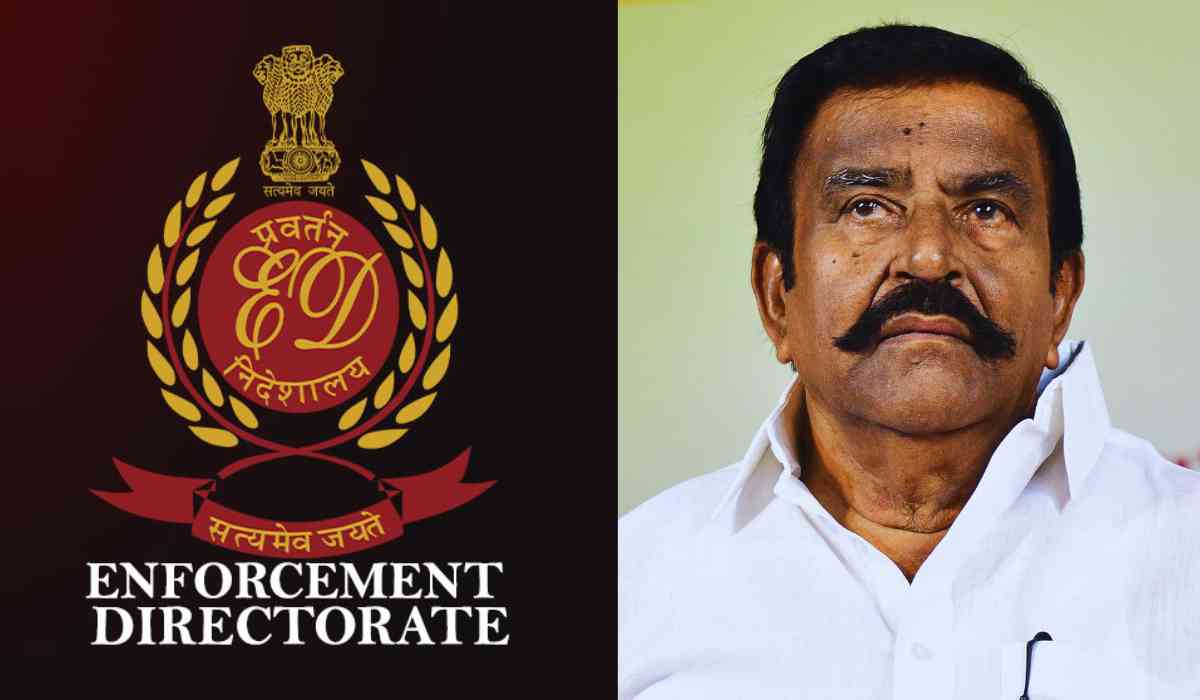In a significant crackdown on financial irregularities, the Enforcement Directorate (ED) has uncovered a massive bank fraud in Tamil Nadu, involving a staggering Rs 30 crore. This case not only highlights the deep-rooted corruption within the state's municipal administration but also raises questions about the effectiveness of current anti-corruption measures.

The Case: Truedom EPC India Pvt Ltd
At the heart of this scandal is Truedom EPC India Pvt Ltd, a company accused of orchestrating the diversion of funds meant for a 100.8 MW windmill project. The ED's investigation reveals that Truedom was set up as a shell entity with no experience in the wind energy sector, solely to siphon off public funds. The loan, sanctioned by the Indian Overseas Bank, was immediately routed through a network of shell companies, with substantial amounts being transferred to True Value Homes Pvt Ltd and TVH Energy Resources Pvt Ltd to settle existing liabilities.

Links to State Officials
The ED's probe has implicated key figures, including Arun Nehru, the Lok Sabha MP and son of Tamil Nadu Minister KN Nehru, and N Ravichandran, Nehru's brother and promoter of the TVH Group. These individuals are alleged to have played a crucial role in diverting funds from the loan. The involvement of high-profile individuals in such financial irregularities underscores the extent of corruption within the state's administration.
Corruption in Municipal Administration
The investigation has exposed a systemic corruption network within Tamil Nadu's Municipal Administration and Water Supply Department (MAWS), headed by Minister KN Nehru. Evidence suggests pre-determined tender commissions, rigged procurement processes, and a well-organized nexus involving officials, middlemen, and politically connected individuals. Additionally, widespread hawala transactions and bribe collections for transfers and postings of MAWS officials have been uncovered.

Understanding Corruption
Corruption is a complex issue that affects not just the economy but also societal trust in institutions. In cases like this, where state officials are implicated, it raises questions about accountability and the effectiveness of anti-corruption laws. The Prevention of Money Laundering Act (PMLA), under which these raids were conducted, is a powerful tool for investigating financial crimes. However, the timing and political context of such investigations often lead to debates about their motivations.
Impact on Public Trust
The revelation of such large-scale corruption can erode public trust in government institutions. It highlights the need for stronger checks and balances within the system to prevent the misuse of power. The fact that these allegations involve high-ranking officials adds to the public's skepticism about the government's ability to tackle corruption effectively.


Political Reactions
The ruling DMK has condemned the ED's actions, labeling them as politically motivated. This response is not unusual in cases where political figures are involved, as it often leads to accusations of political vendetta. However, it is crucial for investigations to be impartial and based solely on evidence to maintain public confidence in the legal system.
Conclusion
The ED's uncovering of the Rs 30 crore bank fraud in Tamil Nadu serves as a stark reminder of the challenges faced by India in combating corruption. While the investigation is ongoing, it is essential for the legal system to ensure that justice is served without bias. The case also underscores the need for greater transparency and accountability within government institutions to prevent such financial irregularities in the future.
In conclusion, this case is not just about financial fraud; it is about the broader implications of corruption on society and governance. As India continues to evolve its legal and financial systems, addressing corruption effectively will be crucial for building trust and ensuring economic stability.
With inputs from agencies
Image Source: Multiple agencies
© Copyright 2025. All Rights Reserved Powered by Vygr Media.






















